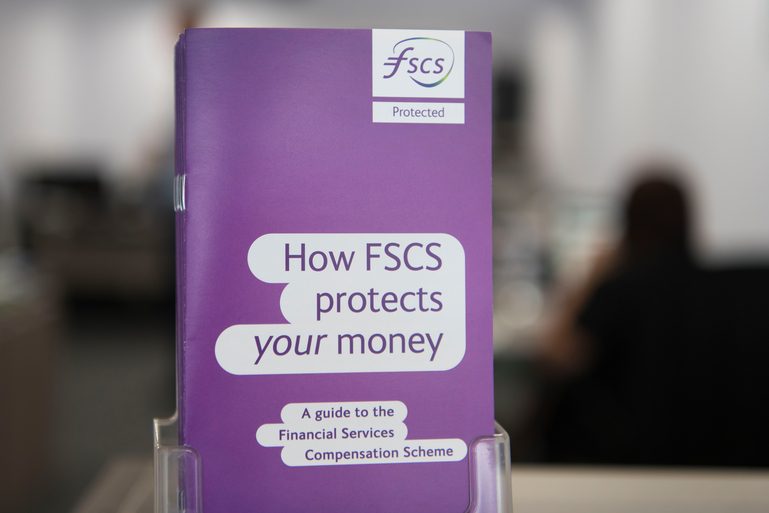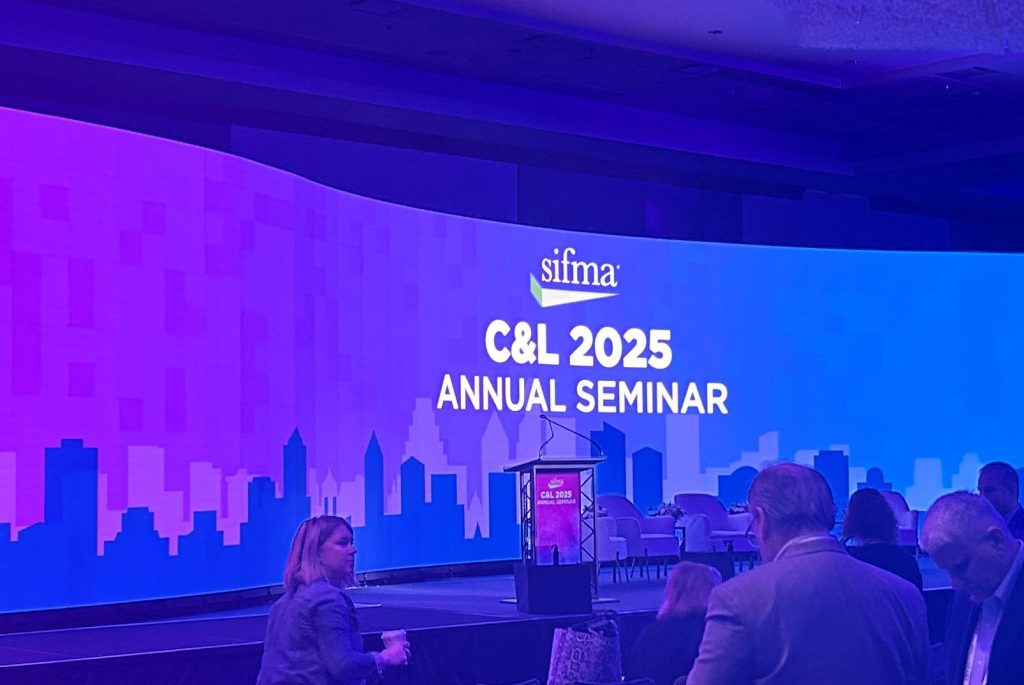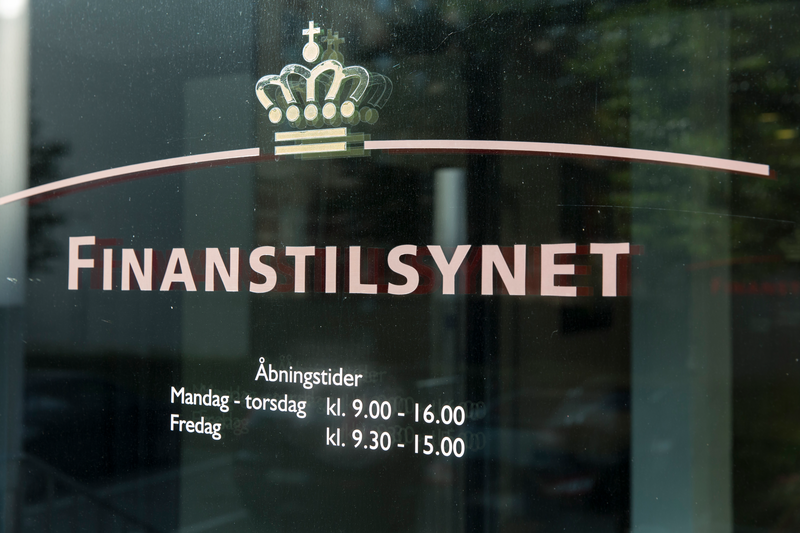JPMorgan Securities (JPMS) has agreed to pay $18m to settle SEC charges that the firm impeded hundreds of advisory clients and brokerage clients from reporting potential securities law violations to the securities regulator.
Without admitting or denying the SEC’s findings, JPMS agreed to be censured, cease and desist from violating the whistleblower protection rule, and pay the civil penalty.
Confidential release
According to the SEC’s order, from 2020 through July 2023, JPMS regularly asked certain advisory clients and brokerage customers (those that had been issued a credit or settlement from the firm of more than $1,000) to sign a confidential release agreement that impeded the clients from disclosing potential violations of the federal securities laws to the SEC, unless they were responding to an inquiry from the Commission.
Since 2020 at least 362 clients of JPMS have signed a release, receiving an amount ranging from approximately $1,000 to $165,000, the order states.
“Whether it’s in your employment contracts, settlement agreements or elsewhere, you simply cannot include provisions that prevent individuals from contacting the SEC with evidence of wrongdoing.”
Gurbir Grewal, Director of Enforcement, SEC
Since the release did not permit voluntary communications with the SEC concerning potential securities law violations, the confidentiality provisions violated SEC Rule 21F-17(a), the SEC said.
That SEC rule provides that “[n]o person may take any action to impede an individual from communicating directly with the Commission staff about a possible securities law violation, including enforcing, or threatening to enforce, a confidentiality agreement … with respect to such communications.”
Undermining investor protection
“Whether it’s in your employment contracts, settlement agreements or elsewhere, you simply cannot include provisions that prevent individuals from contacting the SEC with evidence of wrongdoing,” said Gurbir Grewal, director of the SEC’s division of enforcement, in a press release.
For several years, Grewal said, JPMS forced certain clients to choose between receiving settlements or credits from the firm and reporting potential securities law violations to the SEC.
“This either-or proposition not only undermined critical investor protections and placed investors at risk, but was also illegal,” he said.
FINRA alerts don’t count
In some cases, the SEC said, despite requiring a client to sign a release prohibiting the client from reporting the underlying dispute to the Commission, JPMS separately reported the dispute to the Financial Industry Regulatory Authority (FINRA), as required by FINRA Rule 4530.
“This reporting to FINRA does not in any way mitigate the language in the release that impeded clients from reporting potential securities law violations to the Commission,” the SEC said.
JPMS has since changed the language of its settlement agreements to clarify that customers are not required to keep such information confidential and refrain from communicating about it with regulators, the SEC said. The firm also notified clients who had signed the release that they are free to “voluntarily or otherwise” communicate with regulators.
Recent severance agreement issues
In September, the SEC charged two firms for placing, as a condition of receiving separation pay, a requirement that those employees sign a release in which employees attested that they had not filed a complaint against the employer with any federal agency.
The SEC’s order found that by conditioning separation pay on employees’ signing the release, the businesses took action to impede potential whistleblowers from reporting complaints to the securities watchdog.

















